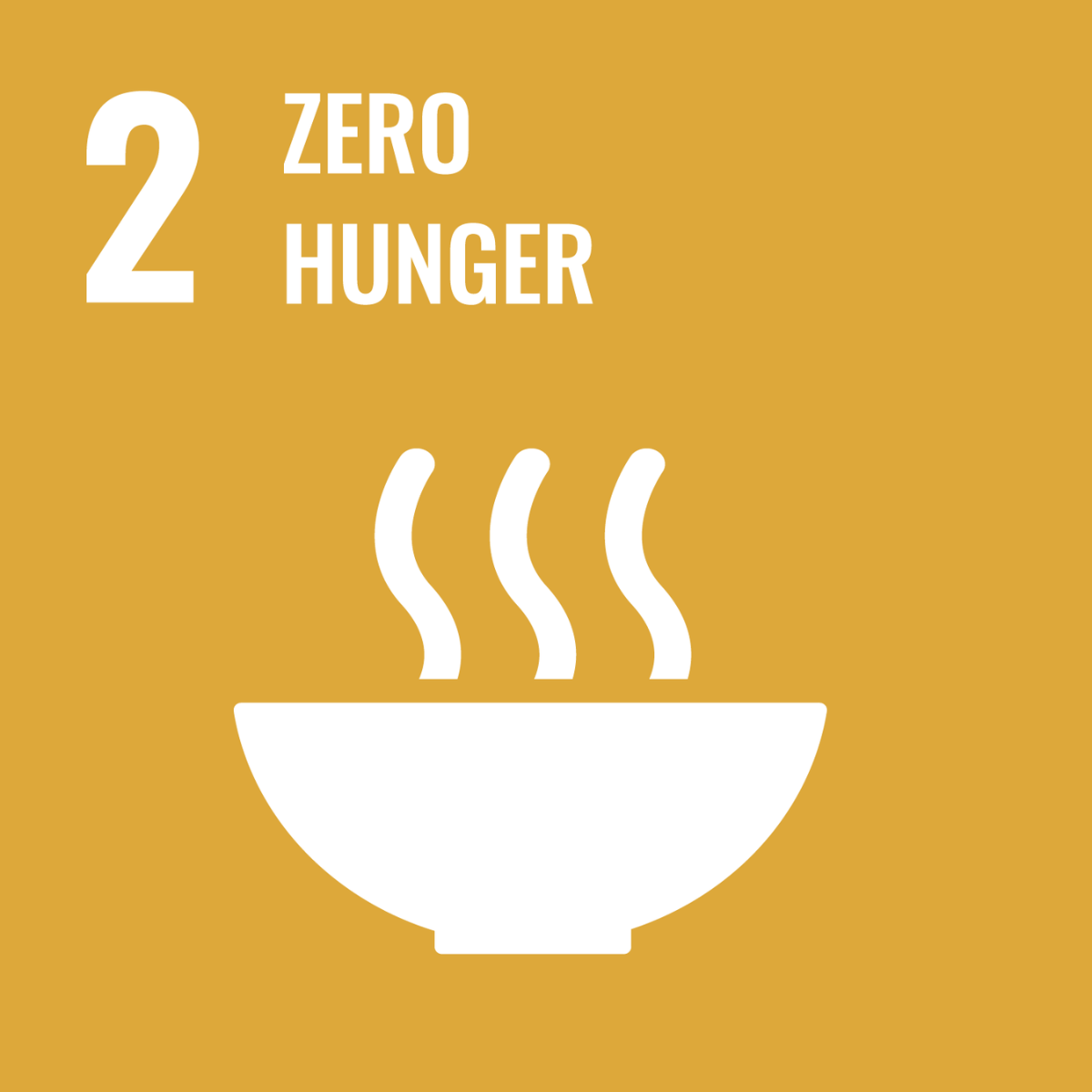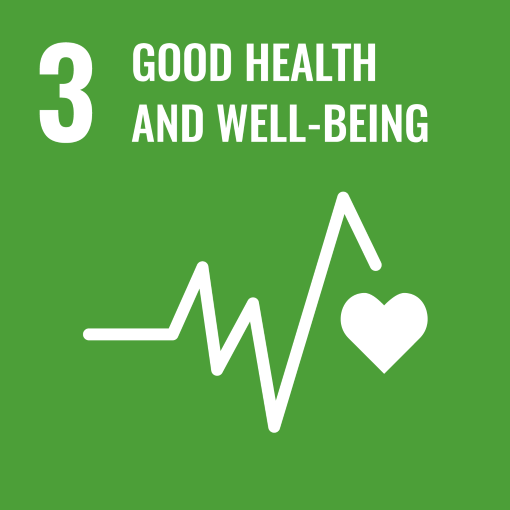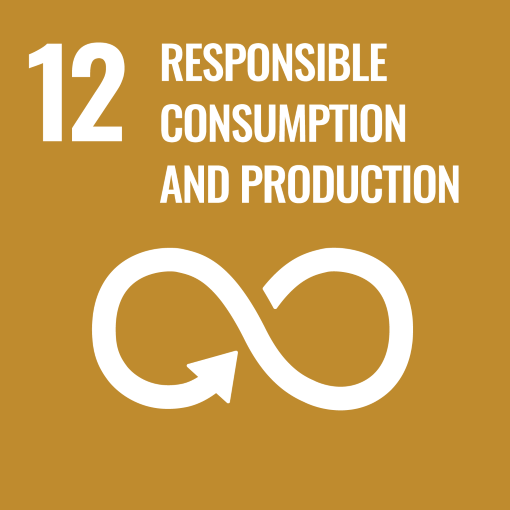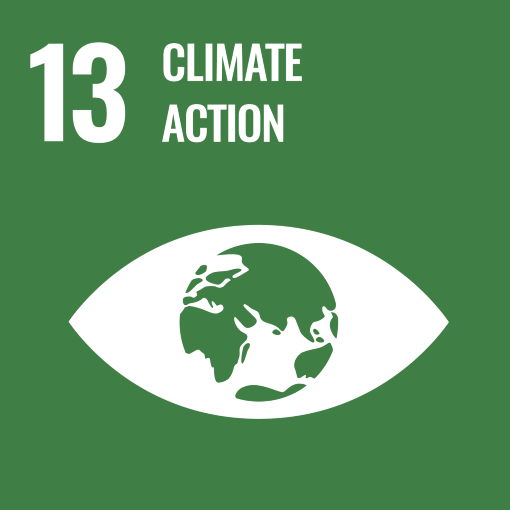Precision Nutrition
Finding a way towards a healthier future
Defining Precision Nutrition
Precision Nutrition is an emerging area of research that focuses on the relationship between genes and other individual-specific information, nutrition and health.
In contrast to a one-size-fits-all approach, it seeks to understand how an individual responds to what he or she eats, and how this knowledge can promote better health and prevent diseases. There is a lot of potential in this field that’s why the first Impact Platform that will be launched will focus on Precision Nutrition.
Why do we need precision nutrition?
We live in a time in which self-optimization is common practice in most developed countries. From measuring the steps we take throughout the day, to counting calories, to tracking how well we sleep – monitoring our daily activities has become the norm for many, enabled through smart devices and wearables.
One can even go a step further and make use of the services provided by a few startups and companies that go beyond the mentioned, and analyze a person’s blood or stool to give individual nutritional advice.
The word “individual” is important here. Today, we know that one-size-fits-all approaches, like the food pyramid, can give generic guidelines about what is healthy and should be consumed in what amount; however, we are also realizing that everyone’s reaction to a specific food is different and unique.
That leads us to Precision Nutrition, an emerging area of research. Harvard places Precision Nutrition, also referred to as Personalized Nutrition, under the umbrella of Precision Medicine and defines it as follows: “Precision Nutrition evaluates one’s DNA, microbiome, and metabolic response to specific foods or dietary patterns to determine the most effective eating plan to prevent or treat disease.” (1)

In an article about an imagined scenario in 2035, where Precision Nutrition is adopted by large parts of the population in the developed world, the Economist writes:
In the year 2035, “[…] there is broad consensus that the rise of Personalized Nutrition has done a lot to promote healthy and environmentally friendly eating over the past decade. In 2031 the proportion of obese Americans fell for the first time in more than 20 years, and the rate of diabetes has fallen for three years in a row from its all-time high of 22%.”(2)
Could precision nutrition be the future?
There are some challenges along the way, the high costs being one of them, but there is a lot of potential to create a positive impact, for instance, through preventing diseases.
That’s why the first Impact Platform that will be launched will focus on Precision Nutrition. A secondary focus will be on Targeted Nutrition that addresses a specific group of people’s average dietary needs, for instance, the elderly, children, athletes, or pregnant women.
The Swiss ecosystem actors
Explore our Partners Directory to discover organisations leading the way in precision nutrition. Use the filter function to refine your search and connect with key players shaping the future of this field.
Precision nutrition & the Sustainable Development Goals
The Sustainable Development Goals (SDGs) are a set of 17 global goals adopted by the United Nations in 2015 with the aim of ending poverty, protecting the planet, and ensuring peace and prosperity for all. Find out how precision nutrition can contribute to to the delivery of these goals below.

Find out more
By providing personalized nutrition recommendations to people in need, precision nutrition can help to address malnutrition and improve food security. This can be especially important in low-income or food-insecure communities where access to a varied and nutritious diet may be limited.

Find out more
Personalized nutrition recommendations based on an individual’s unique characteristics can help to optimize their health and well-being. This can be especially important for people with specific health conditions or goals, such as athletes or people with chronic diseases.

Find out more
By providing individuals with personalized nutrition recommendations, precision nutrition can help to reduce food waste by ensuring that people are consuming the right amount and type of nutrients for their needs. It can also help to reduce the environmental impacts of food production by minimizing the production of unnecessary or unused food.

Find out more
The food system is a major contributor to greenhouse gas emissions. By optimizing the nutrition of individuals and reducing food waste, precision nutrition can help to reduce the environmental impacts of food production and consumption.
